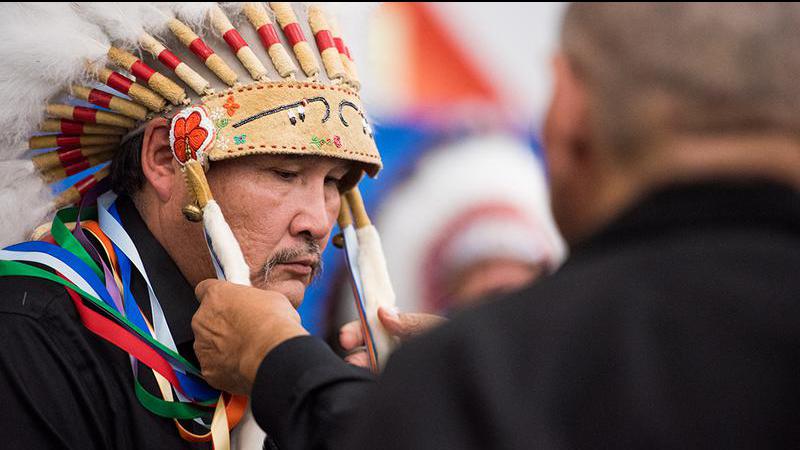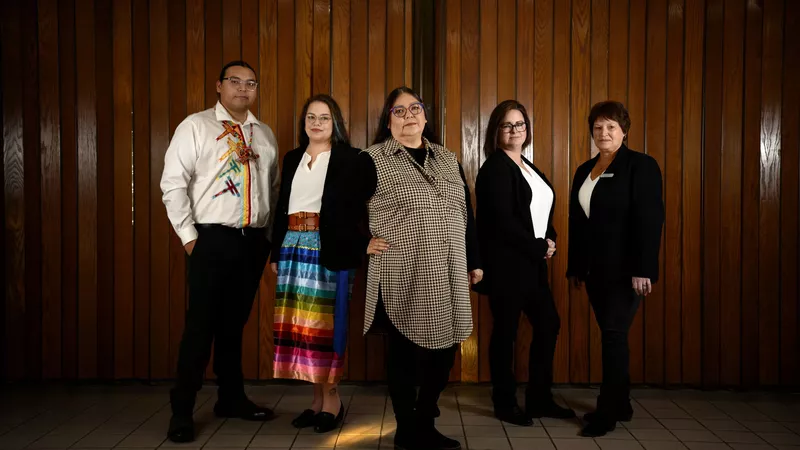
‘We are not prepared to put the lives of our families at risk’: First Nations leaders concerned about government’s plan to lift restrictions
The organization that represents 74 First Nations in Saskatchewan, is calling on the provincial government to reconsider terminating COVID-19 health mandates and protocols in Saskatchewan, claiming it puts First Nations communities at greater risk.
On Tuesday, Premier Scott Moe announced the proof of vaccination requirement would end on Feb. 14, and the province’s remaining COVID-19 protocols, including mandatory masking, would end by March 1.
According to a a joint statement issued by the Federation of Sovereign Indigenous Nations (FSIN), Yorkton Tribal Council (YTC), Prince Albert Grand Council (PAGC), Battlefords Agency Tribal Chiefs (BATC), and the Meadow Lake Tribal Council (MLTC), First Nations are one of the most vulnerable populations in the province, and ending the public health protocols will only increase outbreaks and emergencies in their communities.
“We are not prepared to put the lives of our families at risk,” FSIN Chief Bobby Cameron said.


